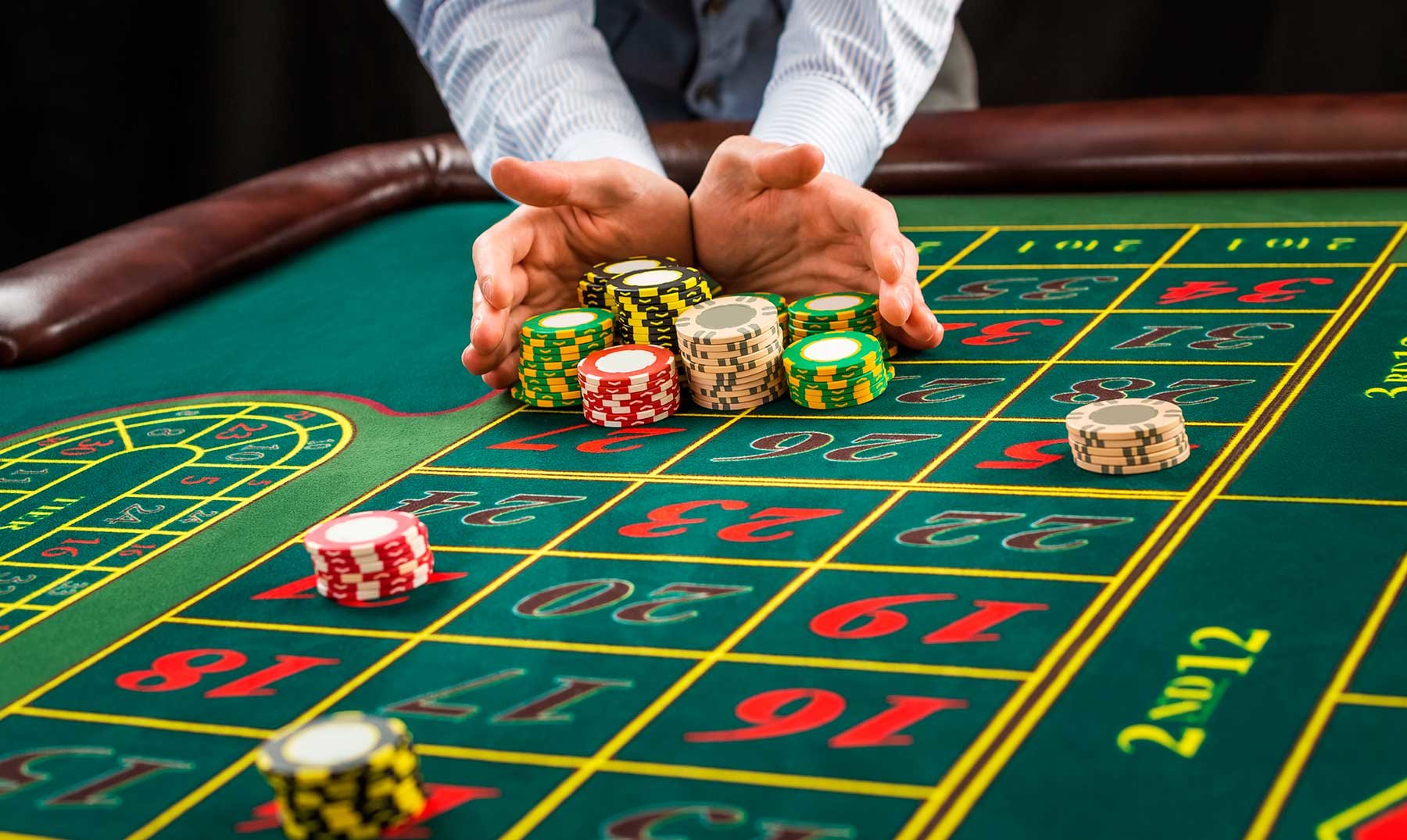
A world of entertainment has seen many transformations over various decades, but few have captured our creativity and thrill of gamers quite like casino games. Emerging in the bustling halls of Las Vegas, Nevada and Atlantic City, New Jersey, these games have spilled over borders and cultures, becoming a worldwide phenomenon. Whether in the bright lights of a mega-resort to the convenience of online sites, the allure of gambling games is undeniable, luring millions into a world of chance and strategy.
As an increasing number of nations embrace gambling in multiple ways, the influence of U.S. casino games is obvious. They have not only shaped local gambling markets but have also inspired countless adaptations and innovations globally. Classic games such as poker and blackjack, along with new variations, have created a common dialect of entertainment that connects across varied populations. The mix of risk, reward, and social engagement found in these activities fosters a distinct sense of community, further cementing their place in the international entertainment landscape.
Cultural Summary of American Gambling Games
U.S. casino gambling activities have a rich and colorful history that reflects the societal development of the United States. The origins of these games can be linked back to multiple Europe’s gaming traditions introduced over by settlers. Games like poker, the blackjack game, and roulette worked their way into the mosaic of U.S. society in the 1800s century, gaining fame in saloons and riverboats. These places offered the ideal setting for social engagement and competition, laying a solid basis for casino gambling as we know it today.
As the country expanded to the west, gambling evolved in tandem with it. The Gold Rush era in the mid-1800s saw the rise of gaming communities such as Deadwood, South Dakota and Tombstone, Arizona, where games were played with big bets, frequently accompanied by an air of lawlessness. This period paved the way for the establishment of casino gambling in the early 20th century, especially with the establishment of Las Vegas, Nevada as a gambling center. The construction of lavish casinos transformed the gambling environment, creating an environment where gambling activities could flourish and draw visitors from around the world.
In recent decades, the legalization of casino gambling in multiple states has further diversified the range of activities available. American casinos now offer a combination of classic gambling activities and innovative offerings that serve to contemporary players. This growth has allowed for a unique fusion of traditional and newfangled, enabling the continuous development of casino culture in America. The international impact of these activities has also led to their inclusion into international gambling industries, demonstrating the enduring influence of U.S. casino gambling activities around the globe.
Global Popularity and Influence
The rise of U.S. casino games has marked a significant change in the global gaming landscape. With their attraction crossing boundaries, these titles have captivated players around the world. From Texas Hold’em tournaments to slot machines, U.S. styles have established a place in many global casinos. This transfer of culture highlights how adaptable and compelling these games are, tailoring to local preferences while preserving their timeless U.S. charm.
Moreover, the impact of these titles extends beyond traditional gambling venues. Digital platforms have played a pivotal role in popularizing U.S. casino titles, making them accessible to players worldwide. The convenience of online gaming has brought millions to experiences that were once limited to physical casinos. Players can now play their favorite titles from any location, sparking a fresh wave of excitement and growing the gamer base considerably.
This global acceptance is also seen in the incorporation of U.S. casino titles into local cultures. Countries that have adopted these games often organize their own versions and competitions, blending local customs with American gambling traditions. This blend not only enhances the gambling journey for participants, but it also underscores the powerful impact that U.S. gambling titles have on both leisure and social engagement across different societies.
Social Adaptations and Improvements
Gambling games have undergone major evolutions as they spread across various societies. Each region has taken in features of U.S. gambling while adding its own customs and practices. For instance, the rise of digital casino platforms has allowed for the inclusion of local character into classic titles like poker and 21. Gamblers now enjoy versions that include regional wagering styles and distinct rules, making the games more accessible and welcoming for different audiences.
In numerous nations, the popularity of gambling games has resulted to the development of localized versions that reflect cultural themes and stories. https://789betvn.co/ This flexibility has paved the way for innovative game development that connects with gamblers on a personal basis. Gaming machines, for instance, now showcase visuals and sounds that celebrate local heritage, folklore, and pop culture, which in turn enhances the gaming experience and promotes a sense of belonging among gamblers.
Furthermore, the global impact of American casino games has inspired new game formats and hybrid formats. Some establishments have merged traditional betting with entertainment aspects, such as live performances or interactive tech, resulting in a more immersive experience. These developments not only draw a wider crowd but also ensure that the essence of gaming continues to progress, bridging gaps between different communities while maintaining the thrill that gambling games are known for.
